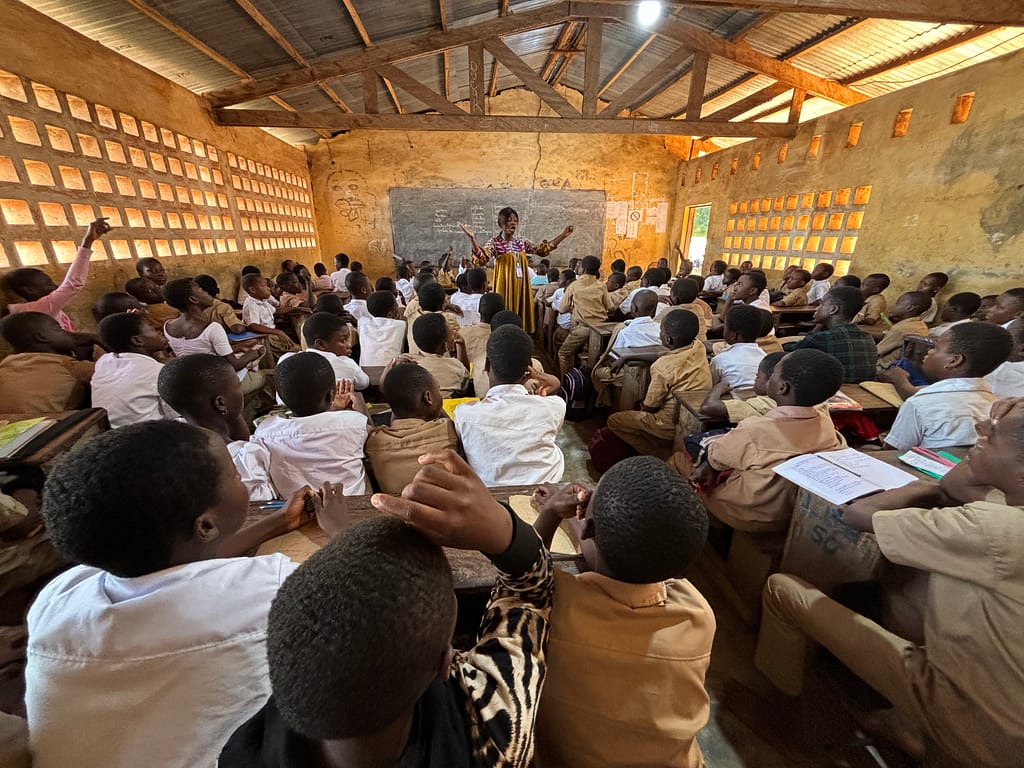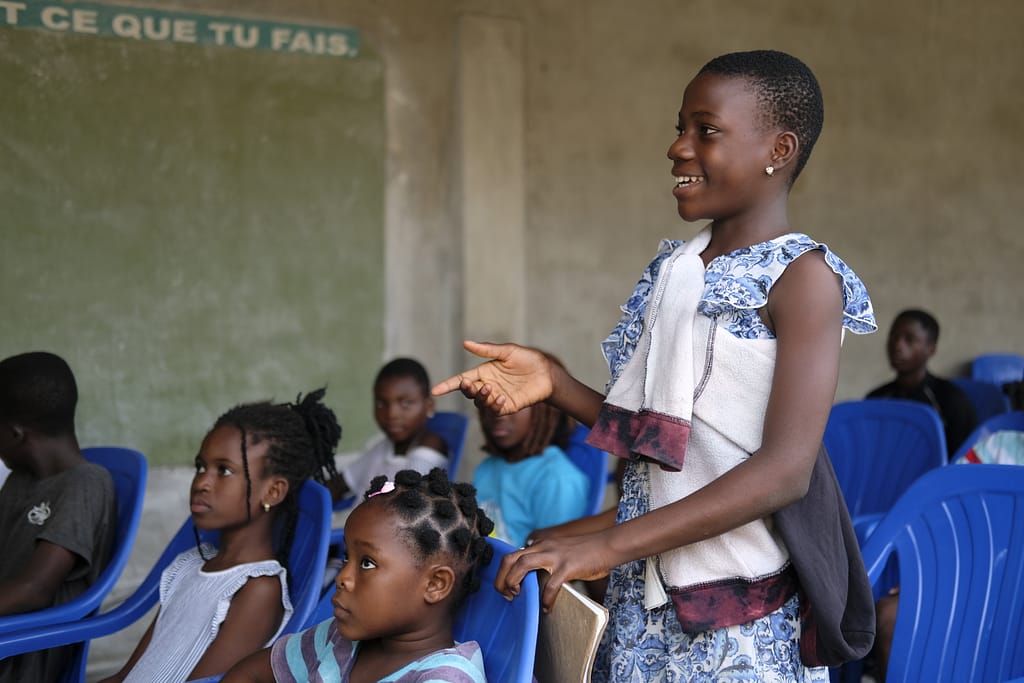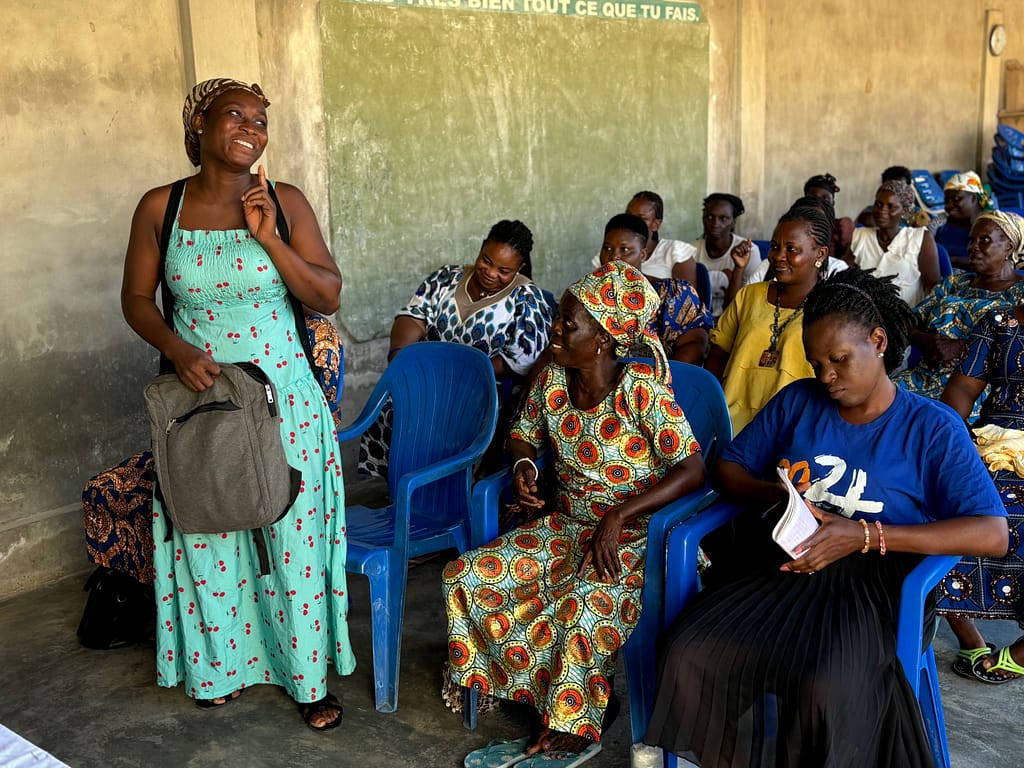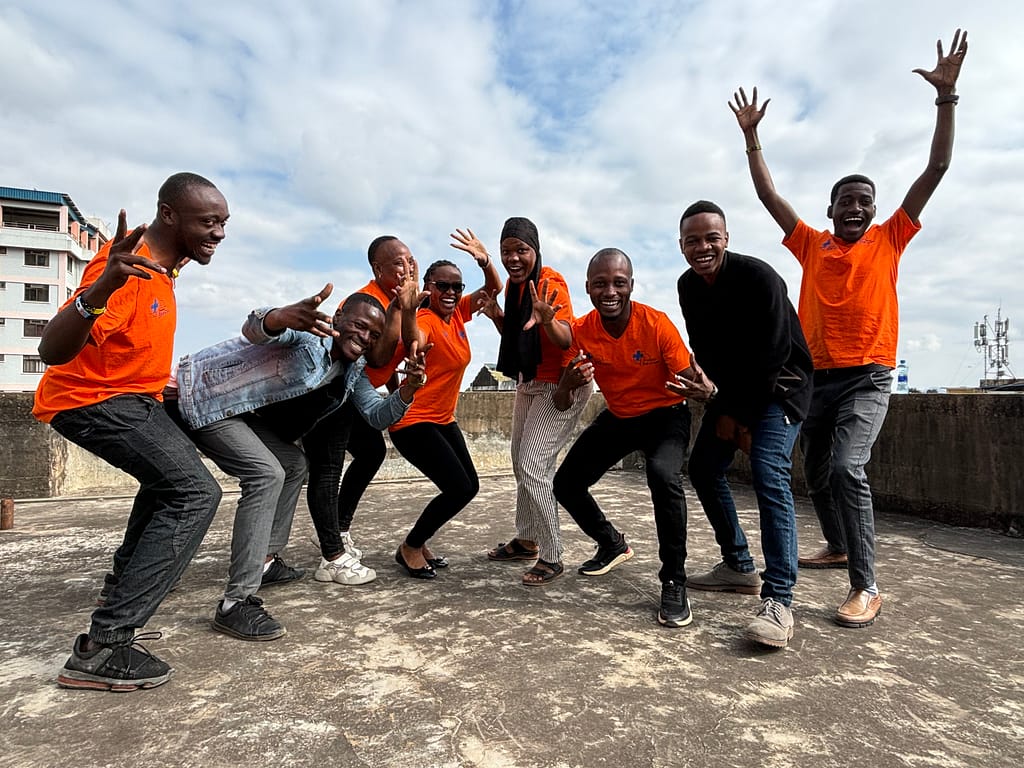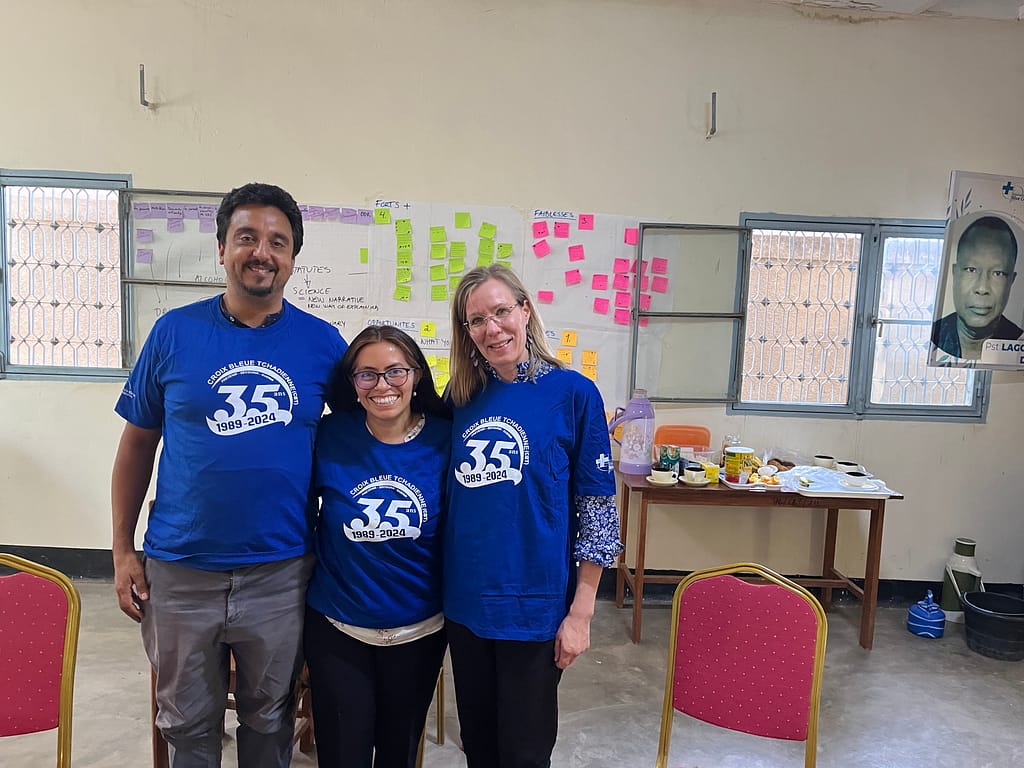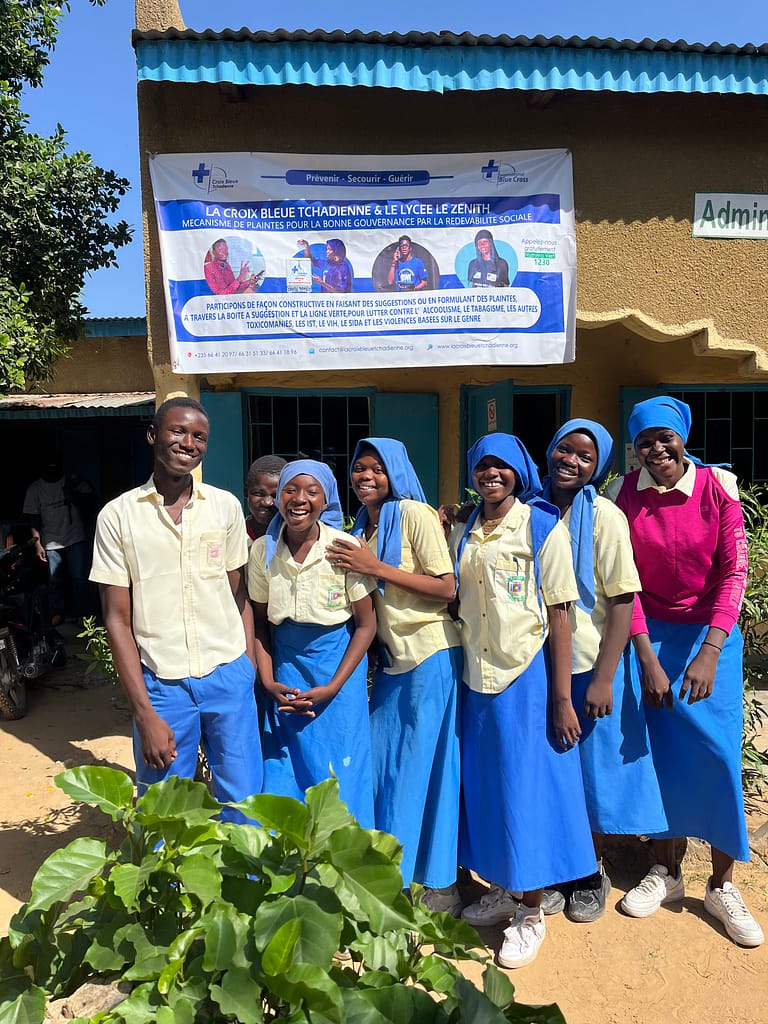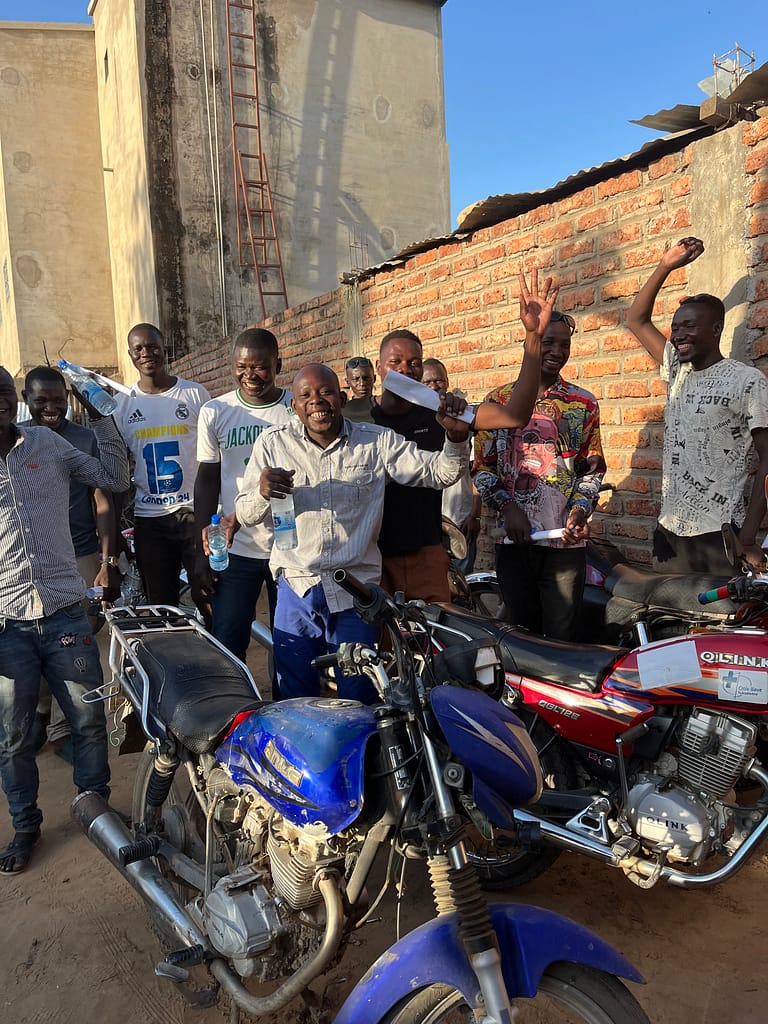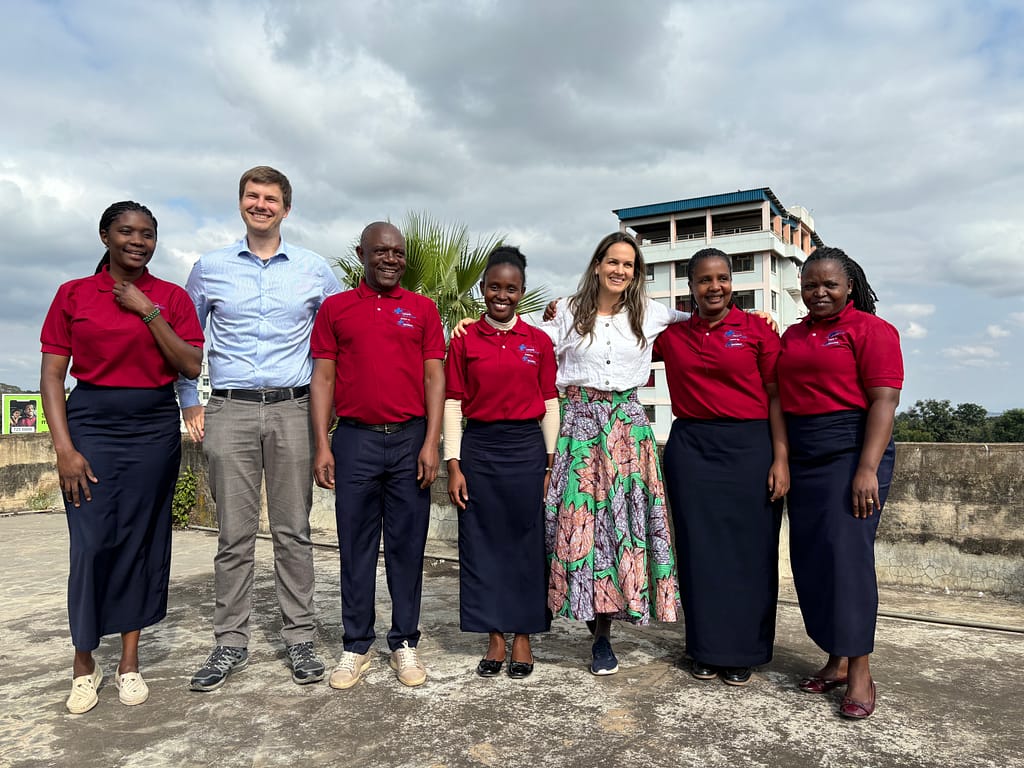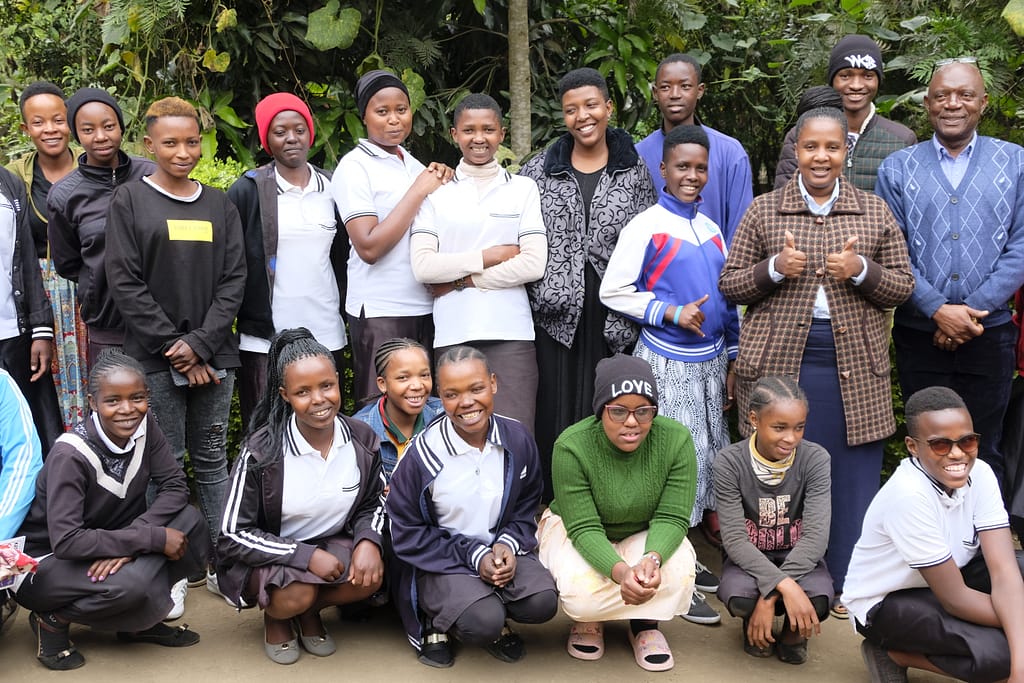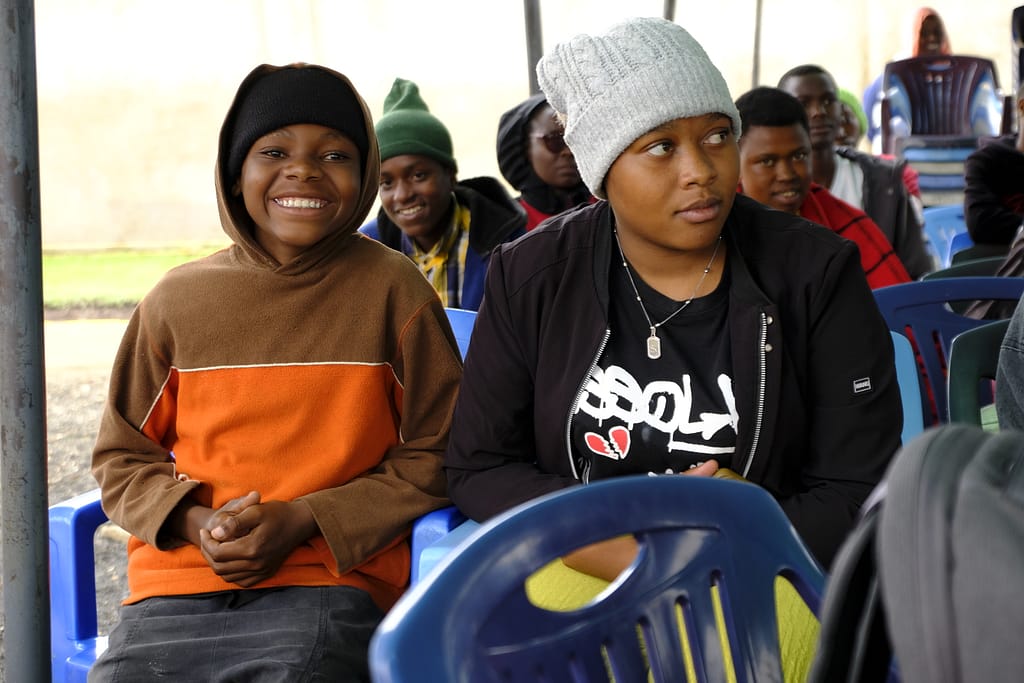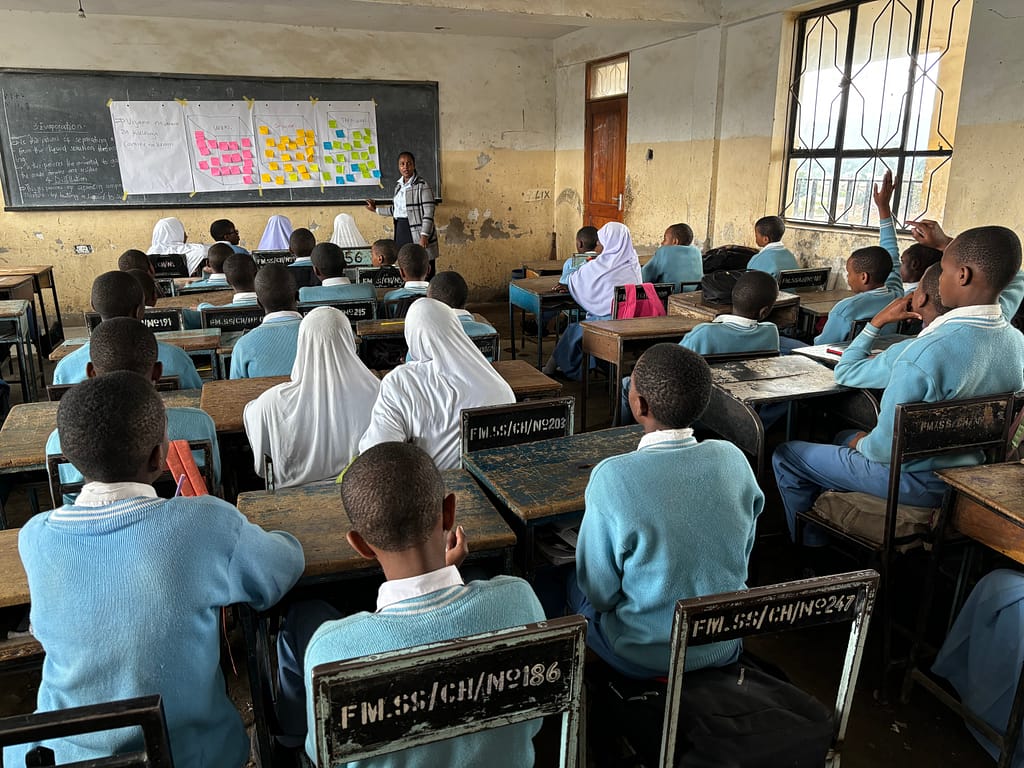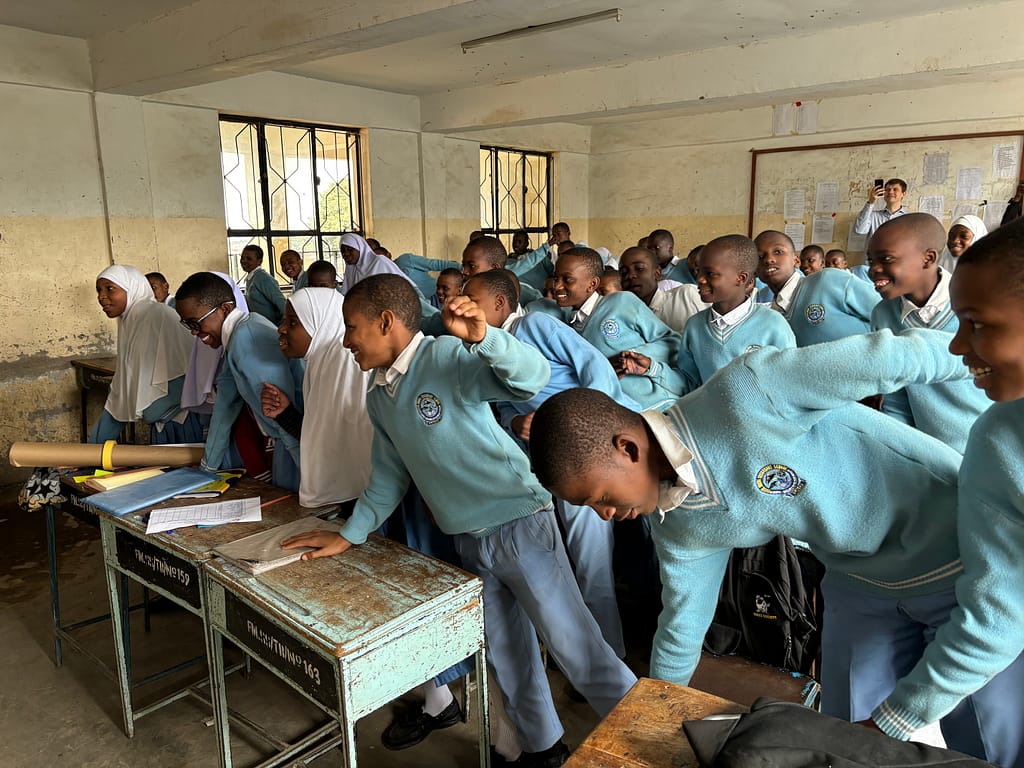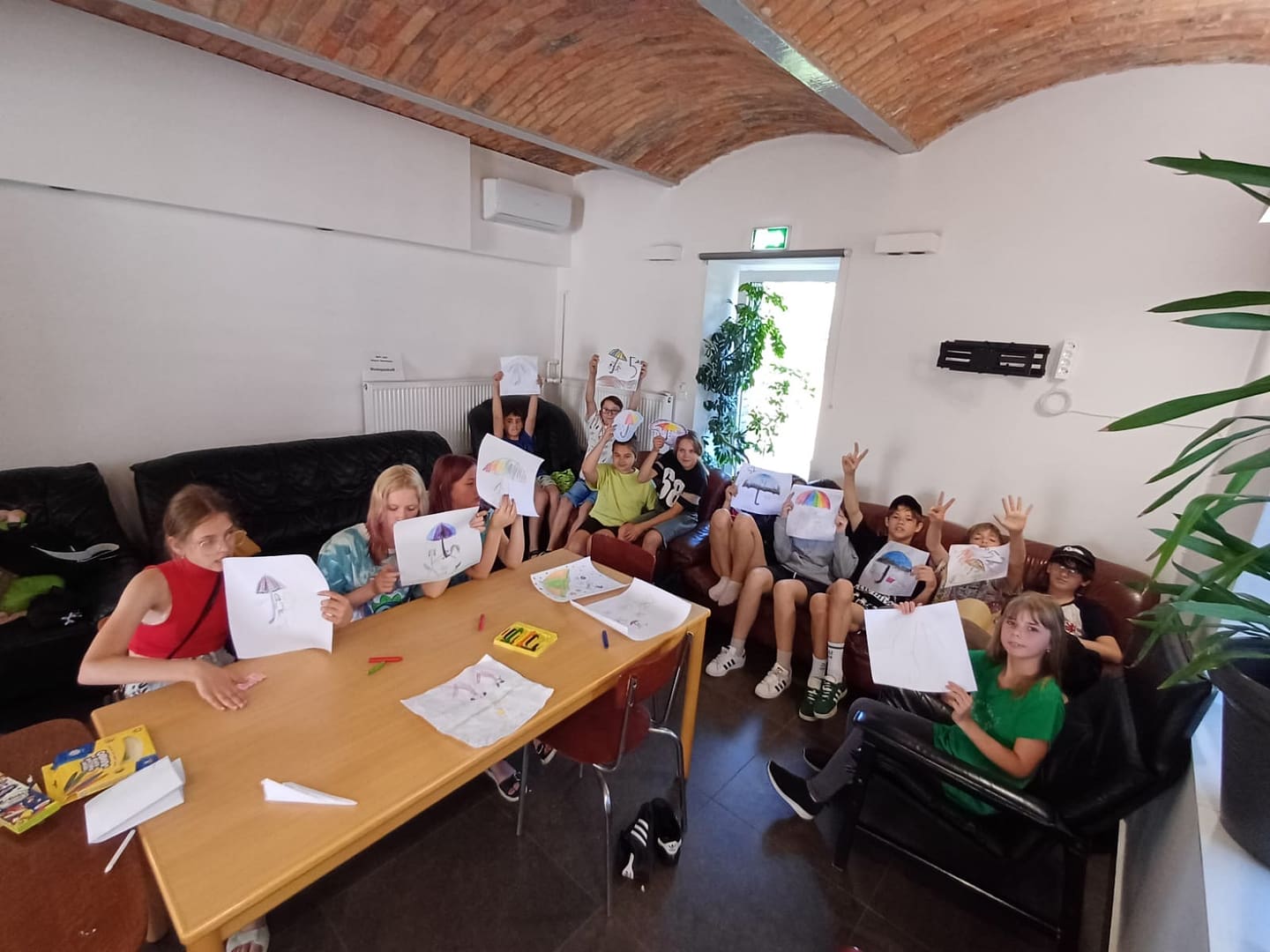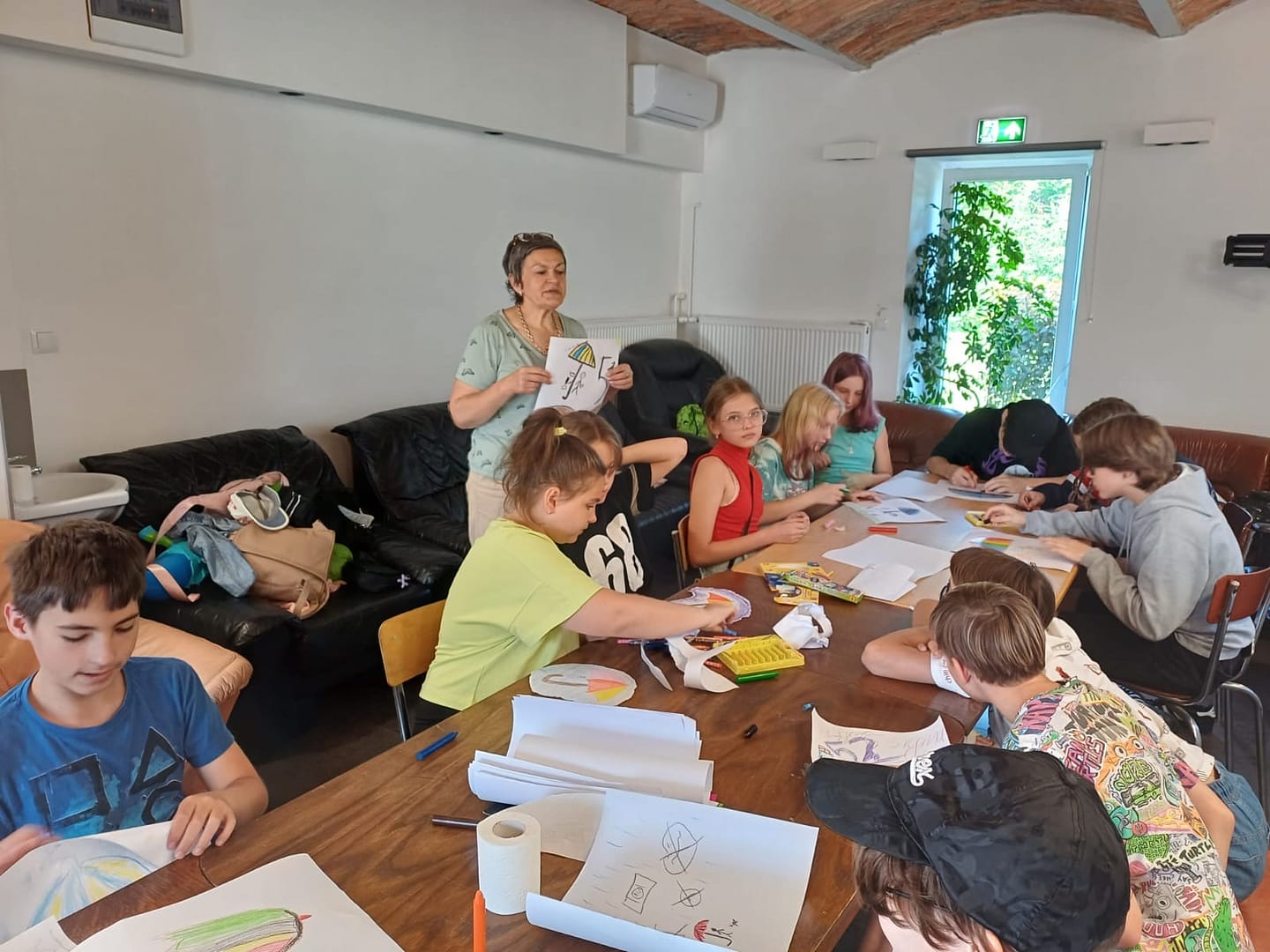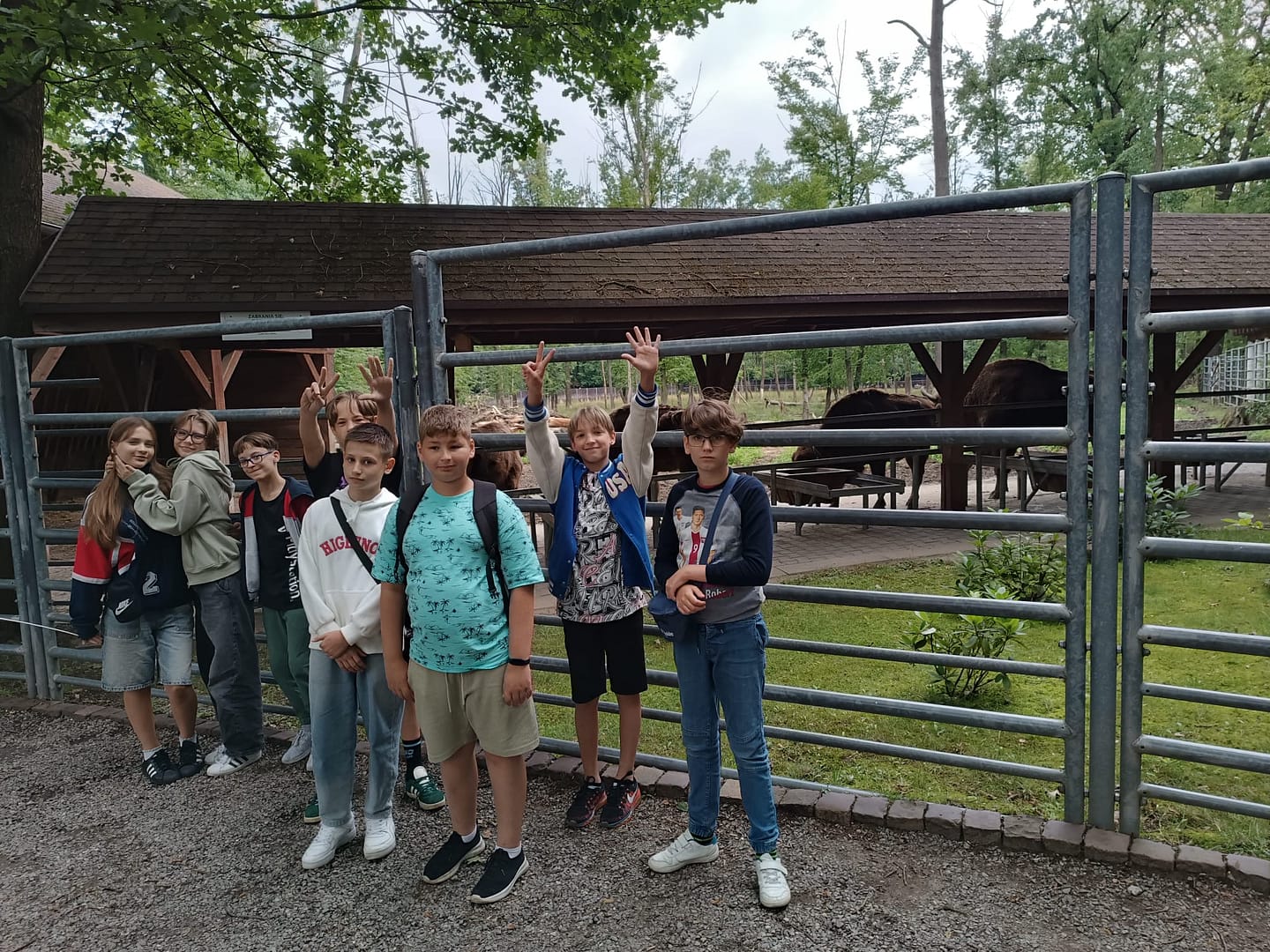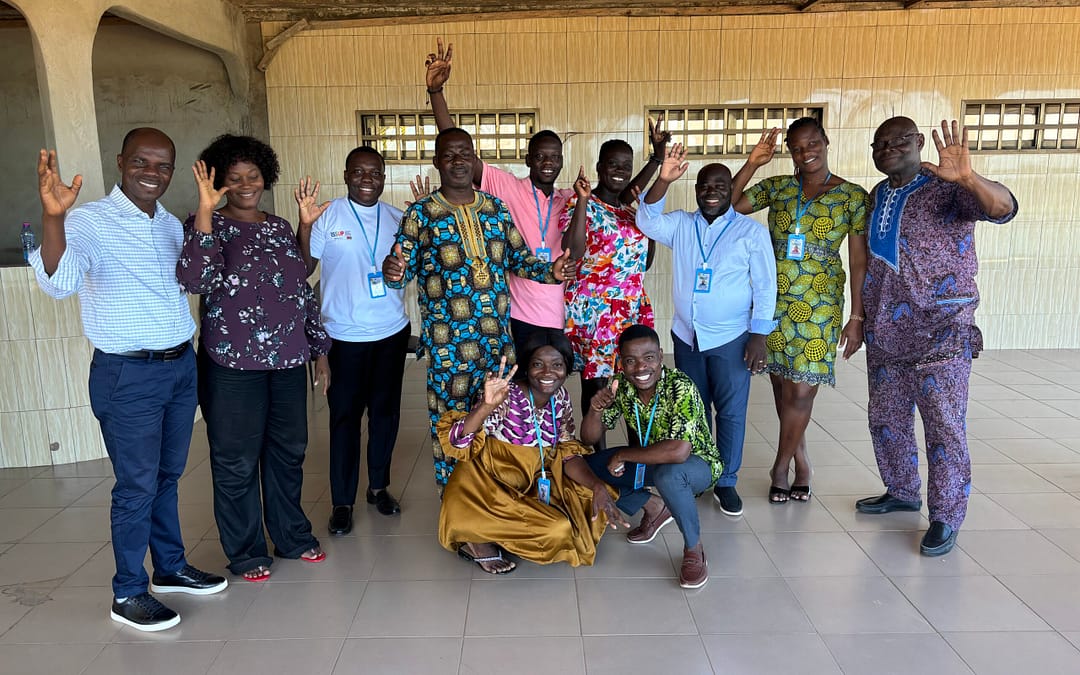
by Anna Schwaller | Dec 20, 2024 | news
In October 2024, the International Blue Cross (IBC) team, represented by Finance Manager Katrin Schmidt and Program Manager Flavia Ganarin, visited Togo to deepen collaborations with Croix Bleue du Togo (CBTg) and assess the progress of IBC-funded initiatives. This visit was integral to reviewing the success of the ongoing substance use prevention project, engaging with communities, and planning for the future.
The IBC-funded prevention project in Togo, implemented in partnership with CBTg, is a cornerstone of the organization’s mission to combat the harmful effects of alcohol and other drug use. The project operates in schools and communities, employing evidence-based approaches. By addressing the root causes of substance use and building resilience, the program aims to create sustainable change in individuals and their communities.
Togo, a vibrant West African nation, is facing increasing challenges with alcohol and other drug consumption, particularly in its capital, Lomé. The city’s urban pressures, economic hardships, and youth unemployment contribute to the proliferation of substance use, posing risks to public health, social stability, and community well-being. Addressing these issues requires a comprehensive approach that focuses on prevention, education, and empowerment – a mission that the International Blue Cross (IBC) is proud to support in partnership with Croix Bleue du Togo (CBTg).
Highlights of the Visit
At the heart of the prevention project’s success is the exceptional CBTg team, whose dedication and professionalism make a tangible impact.
Isidore Motchon, the project coordinator, leads with strategic insight and an unwavering commitment to working with and for the most vulnerable communities. His ability to guide the team with clarity and purpose has ensured that the program remains aligned with both needs of Blue Cross Togo and international standards.
Life skills facilitators Dossavi, Victoire, Gawa, Honoré, and David are dynamic educators who bring creativity and innovation to every session. Their interactive methods, tailored to resonate with young people, inspire confidence and engagement in the participants.
Accountants Chouchou and Elisabeth ensure the highest standards of financial transparency and efficiency. Their meticulous attention to detail supports the project’s sustainability and fosters trust among stakeholders.
“This is a young, vibrant, and truly innovative team”, said Katrin. “Their professionalism is evident in everything they do, from meticulous financial planning to the inspiring energy they bring to their workshops. It’s a privilege to collaborate with such dedicated individuals.”
Engaging with Schools
During visits to secondary schools such as Agla Etoile du Matin and Saint Cyriaque, the IBC team observed life skills education sessions in action. These workshops are a critical element of the prevention program, focusing amongst others on self-awareness, decision-making, resistance to peer pressure and effective communication.
Empowering Women and Communities
In Avoudjigbé and Batonou, the team met with vulnerable women’s groups supported by CBTg. These groups participate in life skills training and small-scale income-generating activities, demonstrating the program’s adaptability to different community needs. By combining education with financial empowerment, the program not only reduces vulnerability to substance use but also builds a foundation for economic independence.
A Shared Commitment
IBC’s visit underscored the importance of collaboration in addressing substance use and its associated challenges. The strong partnership with CBTg, combined with the commitment of stakeholders such as the Comité National Anti-Drogues (CNAD), provides a robust framework for driving meaningful change.
“This program is a testament to what can be achieved when evidence-based practices are paired with a deep understanding the needs of Blue Cross Togo”, said Flavia. “We look forward to building on this foundation to reach even more people in the years ahead.”




by Anna Schwaller | Nov 29, 2024 | news
Are smartphones stealing your time from meaningful relationships? Is endless scrolling breaking your focus? Are gambling or online shopping habits causing concern? These behaviours are linked to dopamine, an important hormone produced by our bodies that affects emotions, behaviour, and movement by regulating feelings of pleasure, satisfaction, and motivation. Our modern devices stimulate dopamine production, leading us to crave more. At the International Blue Cross, we see how these and other behaviours – including alcohol and other drug use – impact youth, families, and entire communities.
We believe in fostering healthy behaviours for everyone. Through skills development, practice, and support programmes, we empower individuals to choose and cultivate health-promoting habits and discover life’s better alternatives.
But we can’t do this alone – we need your help to reach those in need. We work in some of the most vulnerable contexts in the world, where our services are often the only realistic support for those living in multidimensional poverty.
This Giving Tuesday, make a difference by donating to the International Blue Cross. Together, we can foster healthier choices, stronger relationships, and brighter futures.
Your support changes lives. Donate today!



by Anna Schwaller | Nov 15, 2024 | news
NGO management is a rewarding but challenging endeavor, no matter where you are in the world. This truth became even more vivid to me during my recent visit to Blue Cross Chad, which this year celebrates its 35th anniversary. From its beginnings as a small organization driven by a Christian calling to help those struggling with alcohol and other drug problems, Blue Cross Chad has evolved into a professionalized organization that offers evidence-based alcohol prevention and self help programs.
At its core, Blue Cross Chad has always had one simple, profound mission: to leave no one behind in their struggles. This motivation continues to guide their work, even as it has expanded from a grassroots initiative to an established, multifaceted organisation. Today, they work not only with individuals in need but also on larger policy initiatives that impact the nation.
Leadership in an organization like Blue Cross Chad, which relies heavily on volunteer service, requires resilience and adaptability. Even though the core leadership is not salaried, the organization is held to high standards and operates international development projects staffed by paid professionals as projects have funding. This is no small feat in a country where funding for social and health-related NGOs is extremely limited, and government finace is nearly non-existent. In many ways, the ongoing success of Blue Cross Chad is a testament to the dedication and miracle of committed civil society members coming together for the common good.
Over the years, Blue Cross Chad has achieved remarkable accomplishments. They have successfully influenced national policies by advocating for a ban on alcohol sachets, played an active role in anti-tobacco initiatives, and provided essential services across various areas. Their impact spans preventive activities in schools, after-school programs, and alcohol and other drug prevention for moto-taxi drivers. They’re also engaged in sexual and gender-based violence (SGBV) prevention, offering referral support, and facilitating self-help groups on critical topics.
The importance of NGO management is clear: it enables ordinary citizens to contribute their time and skills to a purpose larger than themselves. The impact of Blue Cross Chad’s programs extends far beyond isolated projects, creating a network of support and advocacy for those in need. Their commitment to change shows that even in challenging contexts, dedicated people can build a program of high quality and lasting influence.
As we celebrate Blue Cross Chad’s 35 years of service, I want to extend my heartfelt congratulations to them for their unwavering dedication. May they continue to inspire and make a difference for many years to come. If you are interested in partnering with or supporting a truly impactful program, don’t hesitate to reach out—together, we can amplify their incredible work and reach even more lives.




by Anna Schwaller | Sep 5, 2024 | news
Empowering Communities Through Life Skills and Drug Prevention: A Successful Field Visit to Arusha, Tanzania
From July 16th to 23rd, 2024, the International Blue Cross (IBC) conducted a project visit to Arusha, Tanzania, to assess and support the ongoing efforts of the Blue Cross Society of Tanzania (BCST) in tackling alcohol and other drug use among the youth. The visit was filled with productive meetings and insightful discussions and highlighted the progress and challenges of the BCST’s initiatives. Together, we were further able to lay the groundwork for future collaborations.
Strengthening Educational Ties
Our journey began with a series of courtesy visits to key educational and health officials in Arusha. During the meeting with the City Council’s Education Office, we discussed scaling up teacher training programs and integrating sports as a preventive measure against substance use—a strategy that has shown promise in reaching both schools and the broader community.
Collaboration with Health and Enforcement Agencies
The visit to the City Medical Officer, Dr. Maduhu, reaffirmed the significance of community peer education and the role of sports in prevention efforts. Dr. Maduhu emphasized the importance of creating a friendly environment for preventive education, particularly in non-violent interventions. His insights into local policies and the challenges of addressing both illegal and legal substance use provided valuable context for the BCST’s work.
Our meeting with the Drug Control and Enforcement Authority (DCEA) further strengthened the collaboration between IBC, BCST, and drug control agencies. The DCEA highlighted the need for greater political will to address the pervasive issue of drug use. The DCEA program operates along four strategic pillars, of which the program shows natural synergies with the demand reduction pillar. This discussion underscored the complex landscape in which BCST operates, balancing individual prevention with structure prevention through evidence-based policies.
Impactful Engagement with Schools and Peer Educators
Throughout the week, we visited several schools where BCST has implemented its life skills (LS) education sessions. The feedback was overwhelmingly positive, with reports of significant reductions in drug use among students. School principals and teachers shared their experiences of how the “Proud to Be Drug-Free” campaign by BCST and life skills training have transformed their schools. Notably, in some schools, no students were found with drugs this year so far, a marked improvement from previous years. Additionally, improved academic scores turned out to be a welcome side effect of the Life Skill education, a result much appreciated by the school administration.
We also engaged with peer educators who play a crucial role in the BCST’s outreach efforts. These young leaders shared powerful testimonies of personal growth and community impact, demonstrating the far-reaching effects of the program. The peer educators emphasized the importance of ongoing training to stay updated with recent facilitation methods and enhance their effectiveness.
Engaging Parents and the Broader Community
In our discussions with parents, we learned about the significant challenges they face in communities where drug and alcohol production are prevalent. Parents expressed gratitude for the BCST’s efforts, noting how the project has not only improved their children’s behavior but also influenced their own lives. Many parents have adopted healthier lifestyles and have become advocates for the program within their communities.
The BCST board members also provided valuable recommendations for expanding the program’s reach, particularly in rural areas where substance use remains a critical issue. The board emphasized the need for more life skills education in primary schools and suggested leveraging sports and community campaigns to engage a broader audience.
Looking Ahead
The field visit to Arusha was a testament to the incredible work being done by our partner BCST and the strong partnerships they have forged with local stakeholders. The recommendations and insights gathered during this visit will be instrumental in shaping the future direction of the program. By continuing to focus on prevention, education, and community engagement, we are confident that the BCST will further strengthen its impact and continue to build healthier, drug-free communities across Tanzania.
We extend our deepest gratitude to the BCST team, local officials, educators, and parents for their unwavering commitment to this vital cause. Together, we are making a difference!







by Anna Schwaller | Aug 13, 2024 | news
Martyna Horecka from Blue Cross Poland shares her impressions from a day at the Life Skills summer camp
As part of our IBC prevention through Life Skills education programme in Poland and Romania, the local project teams are currently organizing various summer activities for young refugees from Ukraine. In this blog post, our Project Coordinator Martyna shares some insights into the summer camps Blue Cross Poland is running in Pszczyna.
7:45 We all gather at the train station in Bielsko-Biała, a mid-sized city in Southern Poland, and together take the train to much smaller Pszczyna, where our summer camp activities will take place. The kids are happy and excited to spend another day with their friends.
8:45 We get off the train and take a leisurely walk through a beautiful park in Pszczyna, a charming place filled with lots of green trees, bushes and ponds. During our walk, the children always look out for the animals living in the park. Today, we are greeted by a family of ducks with ducklings. The kids are delighted.
9:30 Having arrived at the Blue Cross Center in Pszczyna, we start off with our Life Skills session. The topic covered today is emotions, and ways to cope with difficult emotions. First, the children share their thoughts on what emotions are and what different emotions they know. They then draw emotion cards, with their task being to pantomime the emotions on the cards using gestures, body posture and facial expressions. After a pair activity, it’s time for some physical exercise: we scatter emotion cards around the room and create a “human train”. For our train to reach each station (selected emotion card), the children, acting as train cars, have to express the given emotion using their whole body while moving towards the station. Next, in groups, the children discuss their methods of dealing with difficult emotions. They then perform skits in which the characters experience difficult emotions. The others watching are tasked with identifying the emotions and coming up with possible solutions and coping strategies. During the exercise, I learn that we have quite some acting talents in the group!
11:00 After a break and a quick workout, it’s time foooooooor – art therapy! For many of our artistically gifted children, this is the favorite type of activity. Continuing the theme of emotions, the children draw difficult emotions and then tear the paper into pieces, symbolizing ridding oneself of that emotion. Next, we fill the sheets with visualizations of all the emotions we know, each with its own color, shape, character. Finally, we make “positive energy amulets” from beads: the children choose beads that symbolize positive emotions for them and create colorful personalized necklaces. I assure you, you won’t find combinations as beautiful as the ones our children create in any store.
13:00 After a long-awaited lunch, there is time for a moment of relaxation during which the children can choose to pursue any activity they want. And here we have some real diversity – some lie on blankets and treat themselves to a blissful nap under the shade of a tree, while others play football on the sunny field. There’s even a trampoline for those who didn’t overeat at lunch and need to burn off energy.
13:30 The last activity is sports and recreational activities, and here we have (almost) all Olympic disciplines available: obstacle course racing, swimming, trampolining, football, volleyball, basketball, badminton, gymnastics on the playground. Those who prefer something less active play board games.
15:00 A small snack before it’s time to go home! While we walk back to the train station, the children teach me some interesting facts. For example, I learn that in Ukraine, in addition to schooling, great value is placed on discovering and developing artistic talent among children from an early age. This includes singing, dancing, painting and acting – now I know why the kids enjoy sessions that include role plays and singing so much.
15:40 We’re going home!!! I observe the children’s faces on the train – some are tired, almost falling asleep, others are still full of energy and chatty. The most important thing, however, is that all seem happy and satisfied.
16:15 The parents eagerly await their children on the platform; the children run out to meet them. Endless kisses and hugs. While I take it all in, and my only thought is that it has been a good day … and I can’t wait for the next one to come!





